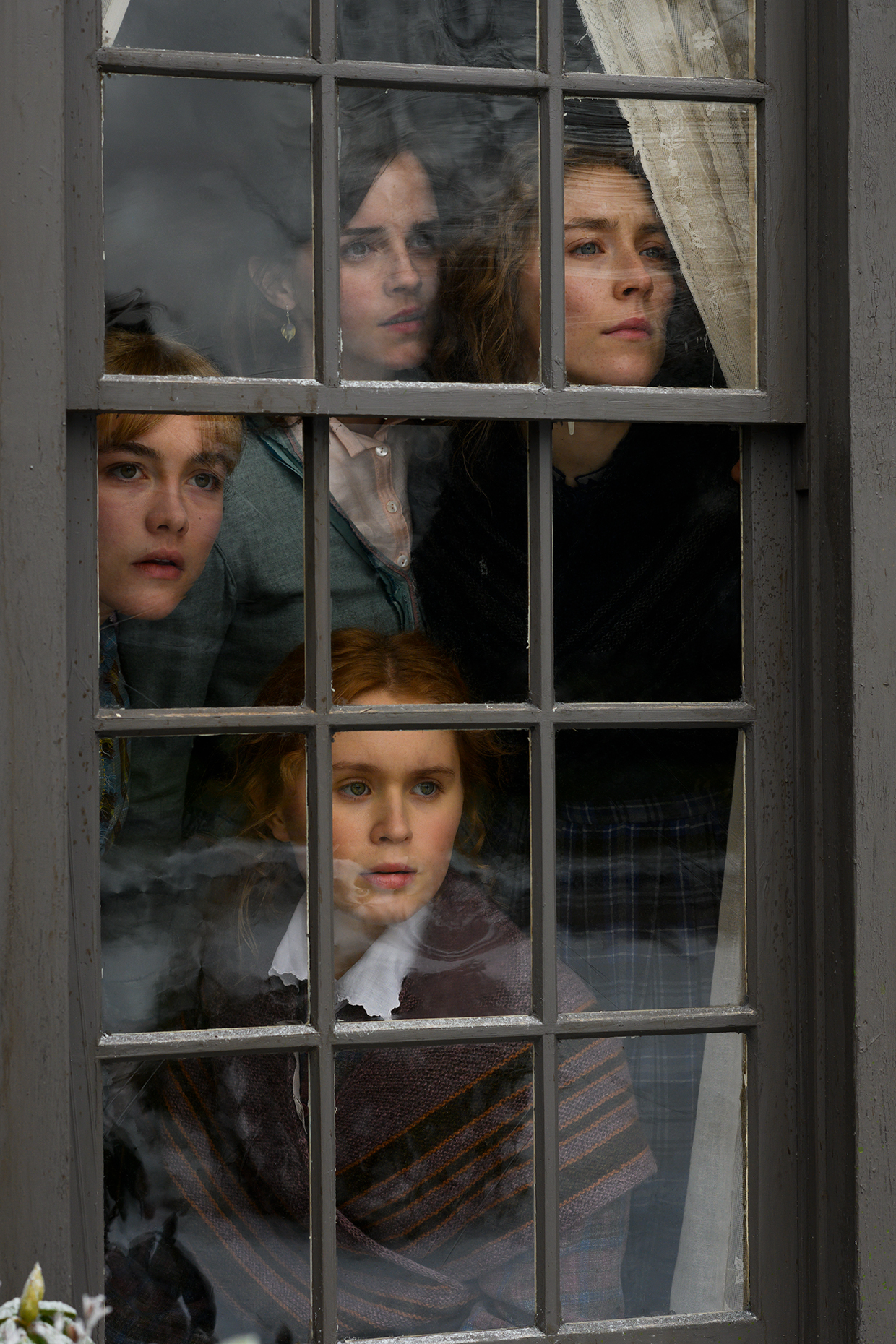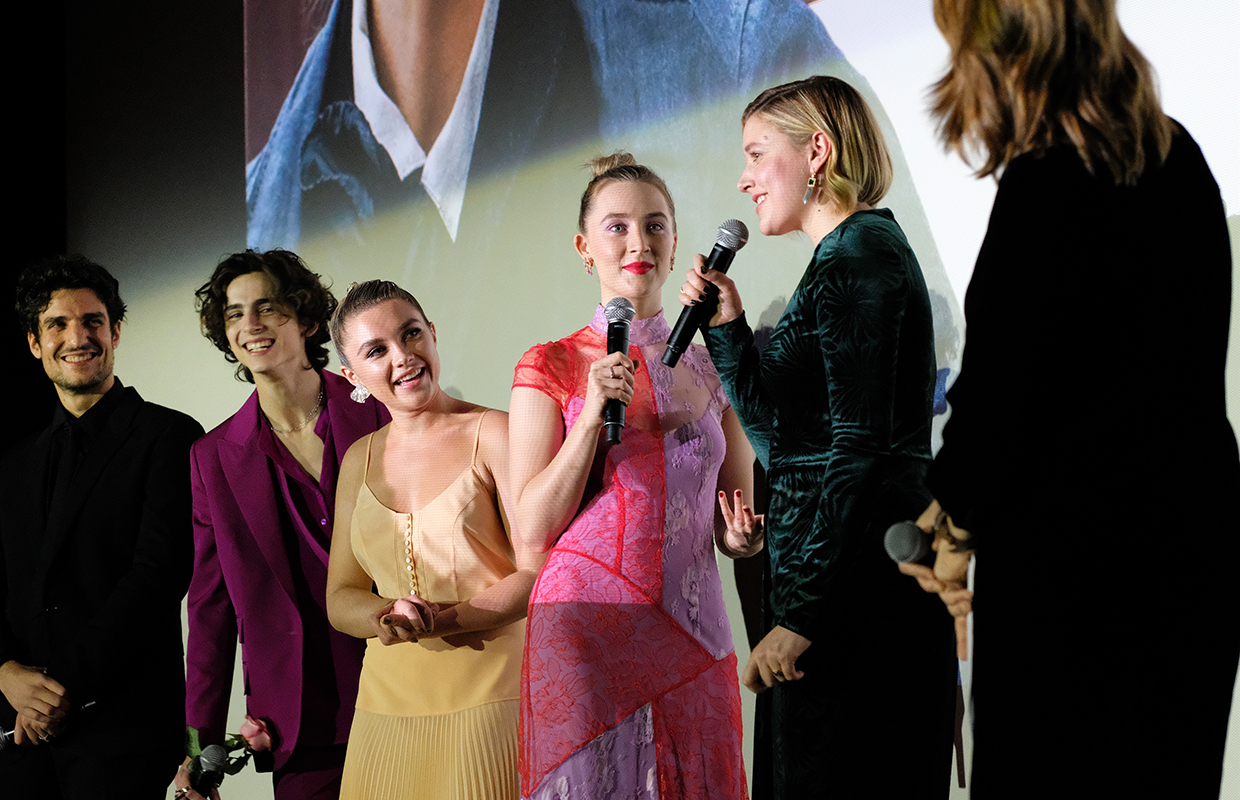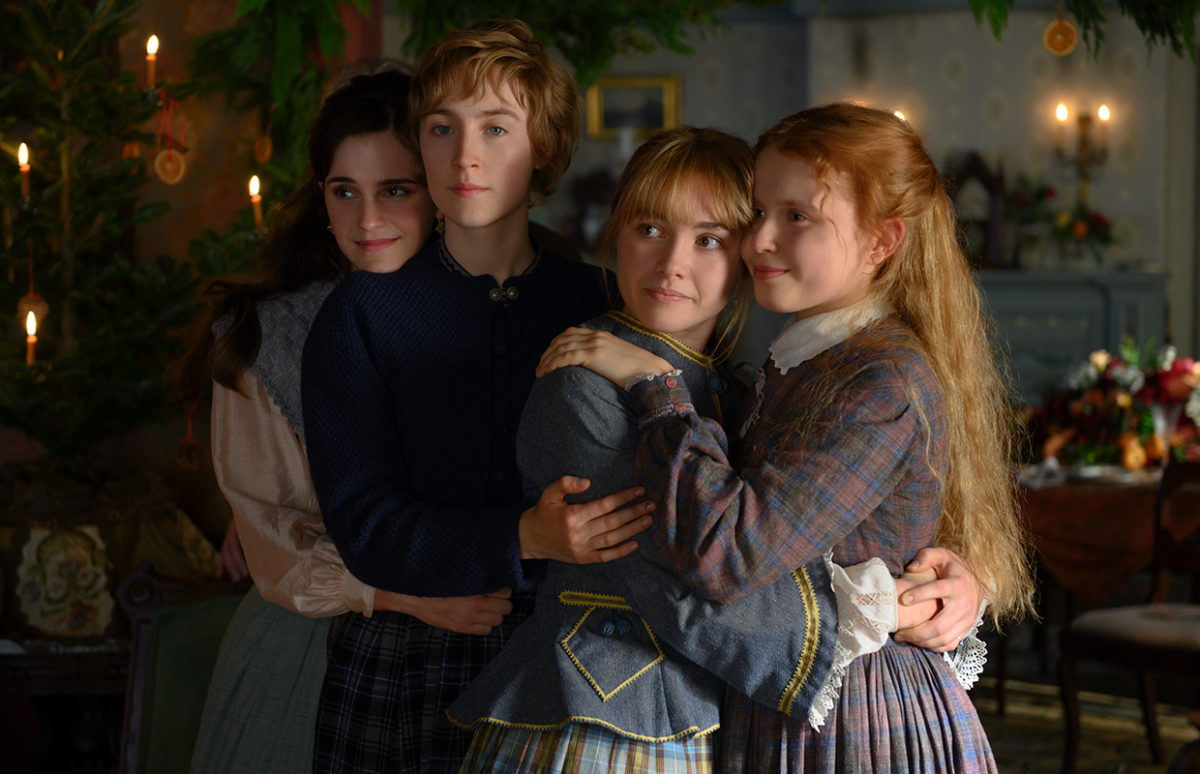Greta Gerwig’s new adaptation of the classic coming-of-age story Little Women retells the story of the novel in parallel with the life of its author, Louisa May Alcott.
Alcott wrote the novel in 1868. She had been writing stories commercially for several years when a publisher asked her to write a novel for girls. Alcott didn’t think much of the idea and decided the only way she could do it was to take inspiration from her own childhood. She wrote in her diary, “Never liked girls or knew many, except my sisters, but our queer plays and experiences may prove interesting, though I doubt it.”
Nevertheless, the story of the four March sisters in Civil-War era America was a resounding success and has never been out of print.
Transcendentalism and Utopia
Alcott had had an unusual childhood with a father who was more interested in philosophy than in making a living to feed his family. Branson Alcott was a member of the Transcendentalist movement and was close to philosophers Ralph Waldo Emerson and Henry David Thoreau. At one point, he moved the entire family into a utopian community he founded. It wasn’t a success.
Louisa, her mother and sisters had to work to keep the family together. Her mother was the first professional social worker in the U.S., and a tireless campaigner for votes for women and the abolition of slavery.
As well as more conventional jobs to pay the bills, as a teacher and servant, Alcott was determined to make a living from writing, despite the obstacles to having any career as a woman.
Much of what happens to the character Jo in the book happened to Alcott and Greta Gerwig, who wrote and directed the film, adds to certain scenes details from the author’s life that enhance the message that this is far from a story of conventional, docile 19th century young women content to accept that their role in life is to be a wife and mother.

A Woman’s Life
One of the most memorable lines in the film come from the publisher commissioning Little Women. “If the main character is a girl, make sure she’s married by the end. Or dead. Either way.” Towards the end of the film, as he finished reading the manuscript, he asks, “So who does she marry?”
In real life, Alcott, who never married, was pressured not only by publishers but by her fans to marry Jo off. Little Women was originally just part of the book we know today. That first volume was extremely successful, leading to lots of fanmail demanding to know what happened next. Alcott noted in her diary, “Girls write to ask who the little women marry, as if that was the only end and aim of a woman’s life. I won’t marry Jo to Laurie to please anyone.”
But in the end she had to marry her character off in the second volume. She matched her not to the “young romantic lead” Laurie, but to an older professor. Alcott later wrote a friend, “I didn’t dare to refuse (fans’ demands) and out of perversity went and made a funny match for her.”
Greta Gerwig was clear about her desire to fulfill the author’s feminist desires. Although she had Alcott/Jo accept to have Jo marry, she let her voice her reasoning, I suppose marriage has always been an economic proposition, even in fiction.” And also has her negotiate full ownership of the novel’s copyright in exchange.
Gerwig explained in an interview with Film Comment magazine, "I just knew I could not do the ending just as the book – especially because Louisa didn’t really want to end it that way. If we can’t give her an ending she would like, 150 years later, then what have we done? We’ve made no progress."

Progress?
Greta Gerwig is no stranger to obstacles not so different from those faced by Alcott as a woman in the modern film industry. She is the only woman to have been nominated for Best Director in the last 10 years when she got the nod for Lady Bird in 2018. (And only one of five in the awards’ 92-year history.) The selection committee obvious liked her adaptation of Little Women, because it’s nominated for Best Picture and she is nominated for Best Adapted Screenplay, and two of the film’s stars have nominations for lead and supporting actress, Saoirse Ronan and Florence Pugh. But that apparently wasn’t enough to swing her a Best Director nomination. Let’s hope it won’t take another 150 years for things to change.
Copyright(s) :
Sony Pictures Entertainment
Tag(s) : "autobiography" "coming-of-age" "films" "gender politics" "Greta Gerwig" "Little" "Little Women" "U.S. literature"






